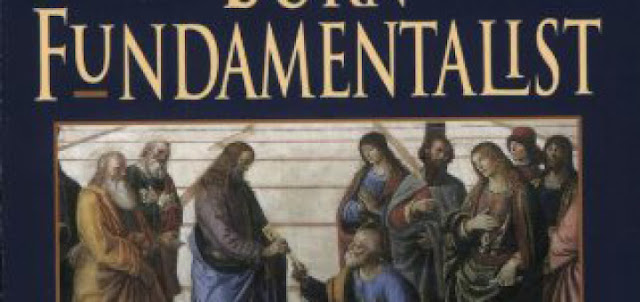"WHEN THE TIME COMES"
A Resource Guide for when Catholics enter Eternal Life
It is difficult for many people to talk about their mortality and that of their loved ones.
Death is an uncomfortable subject, but it is an eventuality we all must face. These guidelines are designed to help families and loved ones in their time of greatest need by calling on the resources of our rich theological and pastoral tradition. They are offered in the hope that they will provide a pathway for making decisions when the time comes to commend a loved one to the merciful embrace of the Lord, but also as a reminder that our faith provides us comfort and consolation in a time of loss.
- Vigil Services (Wakes) are usually conducted either in the funeral home or in the parish church on the eve of the Funeral Mass. As a vigil, the faithful keep watch with the family in prayer, confident of God’s mercy and hopeful as they find strength in Christ’s presence. As the first gathering of friends and family of the deceased, this Scripture or Evening Prayer Service also allows those unable to attend the Funeral Mass to pay their respects and provide support, prayers, and comfort to all those mourning the loss of a loved one. The hectic pace of our society could easily lead us to sideline the importance of taking time to grieve and comfort the grieving. Yet, experience teaches us that this important component of saying goodbye to loved ones has great value in bringing healing, as we comfort one another as the Body of Christ.
- Evening Vigils – These should be scheduled the night before the Funeral Mass and the burial, but variations by exception are possible.
- Eulogies, stories, and favorite songs are most appropriately shared during this time of visitation at the Evening Vigil.
- The Funeral Mass – Celebrating Mass with the body present has been the norm in our Catholic tradition. On such occasions Christians join as a community of faith in the work of redemption taking place as the Risen Lord receives the deceased. At the funeral Mass we recall that just as we become one with Christ through our Baptism into his death, so now we pray that the deceased will be one with Christ in his Resurrection.
- Eulogies and Personal Remembrances, as noted above, are more appropriate during the Evening Vigil or at the reception following the funeral. Experience shows that sharing personal remarks at the Funeral Mass can be inopportune for a number of reasons. It can create hard feelings if hurtful things of the past are raised or create discomfort in ill-advised attempts at humor. There are also concerns in view of past experiences that eulogies can overshadow in length and attention the Funeral Mass itself, especially if those offering words turn the Church’s rites into a celebration of life that focuses only on the accomplishments of the deceased’s past, with scant attention to our faith in the resurrection. With that said, in a desire to be pastorally sensitive to the family of the deceased, the following norms have been established after consultation with the Presbyteral Council and the approval of the cardinal.
- The pastor of the parish may allow a reflection by one individual. This is to take place between the Post- Communion prayer and the end of Mass. The personal reflections should be limited to 3 minutes and are to be presented in writing to the pastoral minister assisting the family in advance of the service.
- Christian Burial has always been understood as one of the Corporal Works of Mercy. In accord with ancient Christian custom, the burial or entombing of the bodies of the dead takes place in a cemetery, which means “resting place”. The Rite of Committal begins at the conclusion of the funeral rites and may be celebrated beside the open grave or place of interment. In this way, the Christian community expresses the sure and certain hope that, with all those who have gone before us marked with the sign of faith, the deceased is now welcomed into the glory of the Risen Lord, joining with all the saints in seeing God face to face. Accordingly, the following should be kept in mind:
- Full-body burial is the preference of the Church.
- The cremated remains of the human body are to be placed in sacred ground and are never to be scattered or separated. Burying the remains of the faithful confirms one's faith in the resurrection of the body. The teachings of the Church call for us to care for the cremated remains of the human body with the same respect and dignity that we care for casketed remains of our loved ones.
- Visits to the cemeteries where deceased loved ones are laid to rest are encouraged out of regard to the need to pray for the dead, but also to bring healing to those who remain. Certain days for such visits have become traditional, the first being All Souls Day on November 2, but also Memorial Day, Veterans Day and the day of the deceased’s death.




































